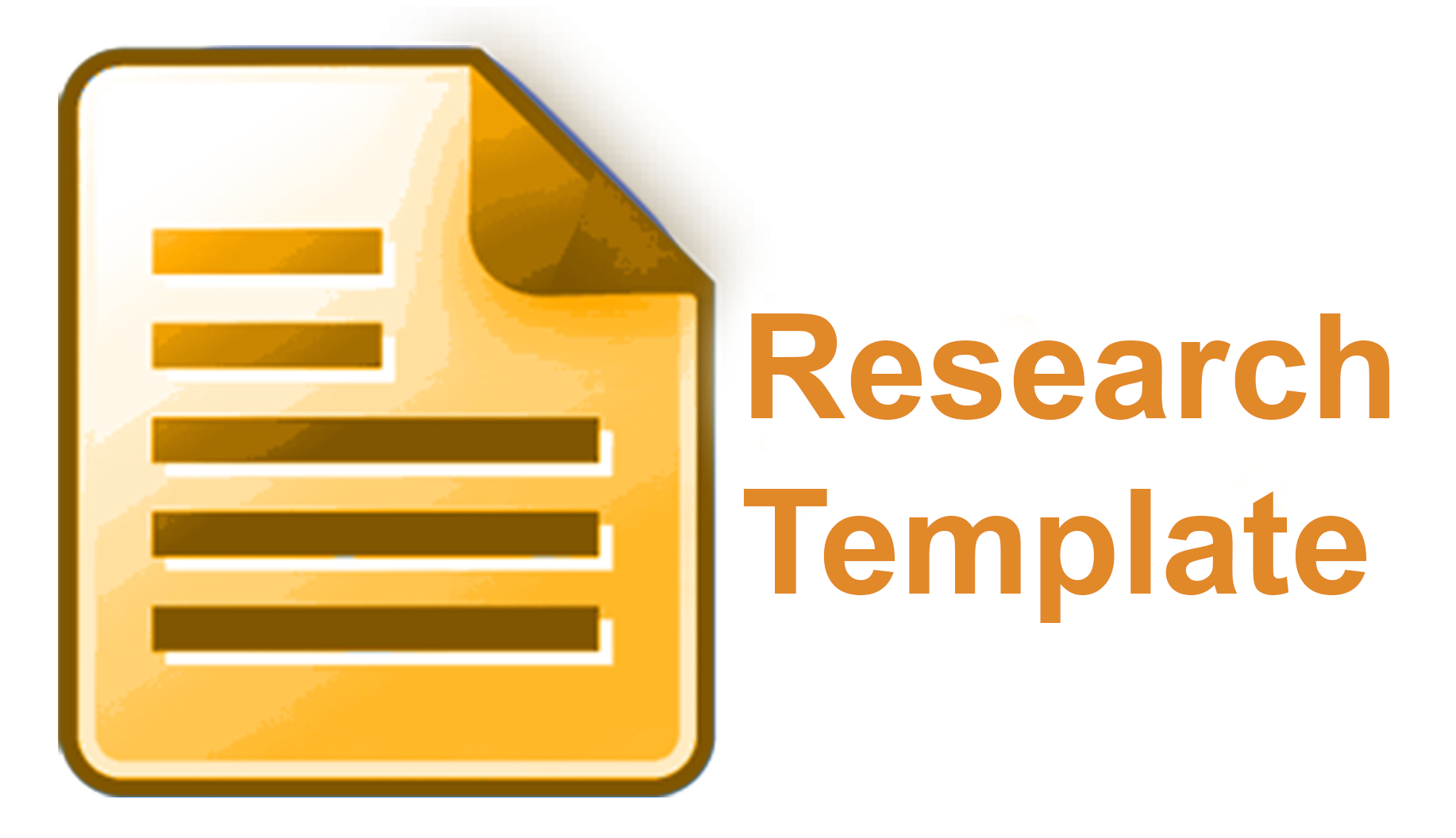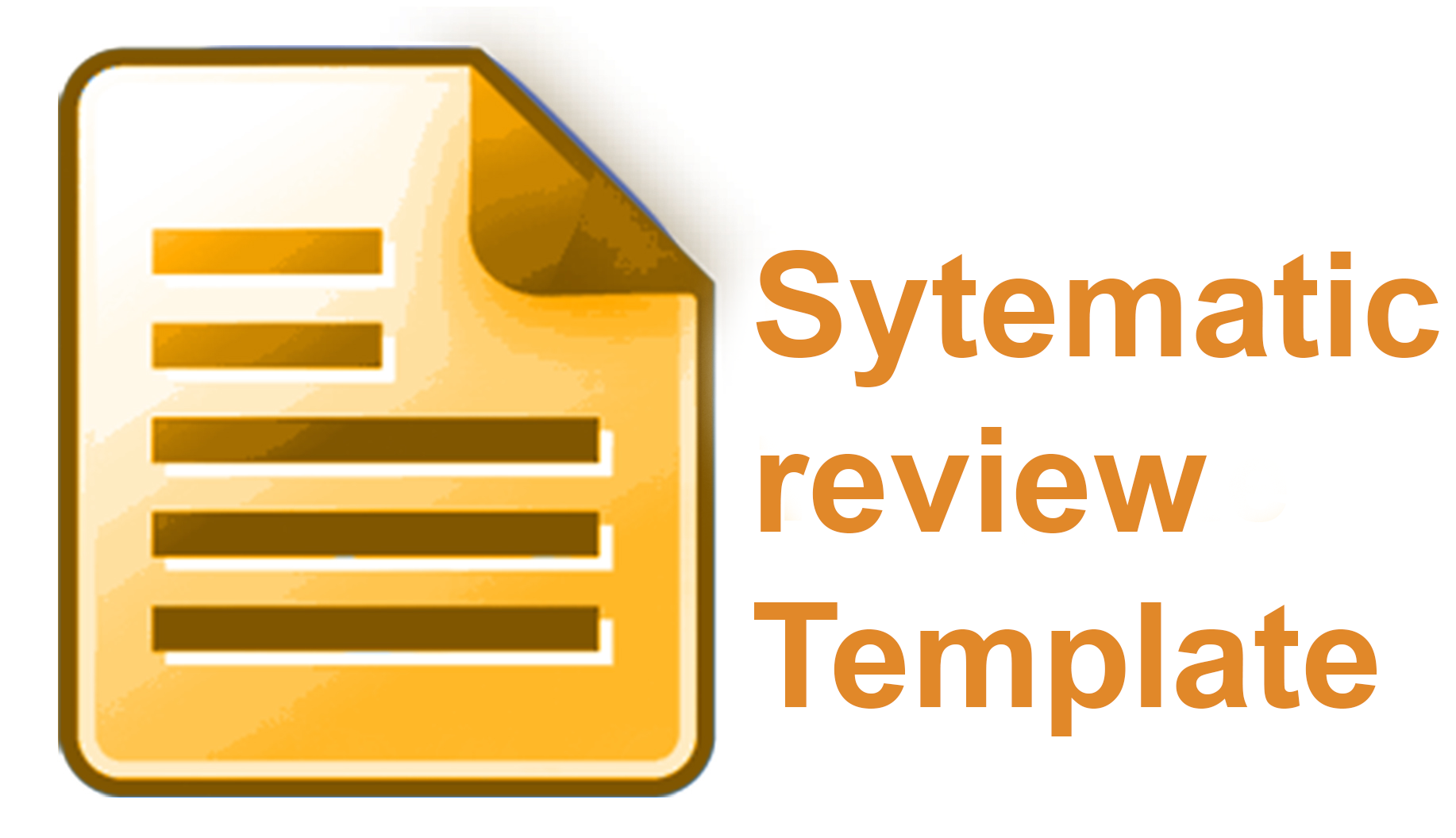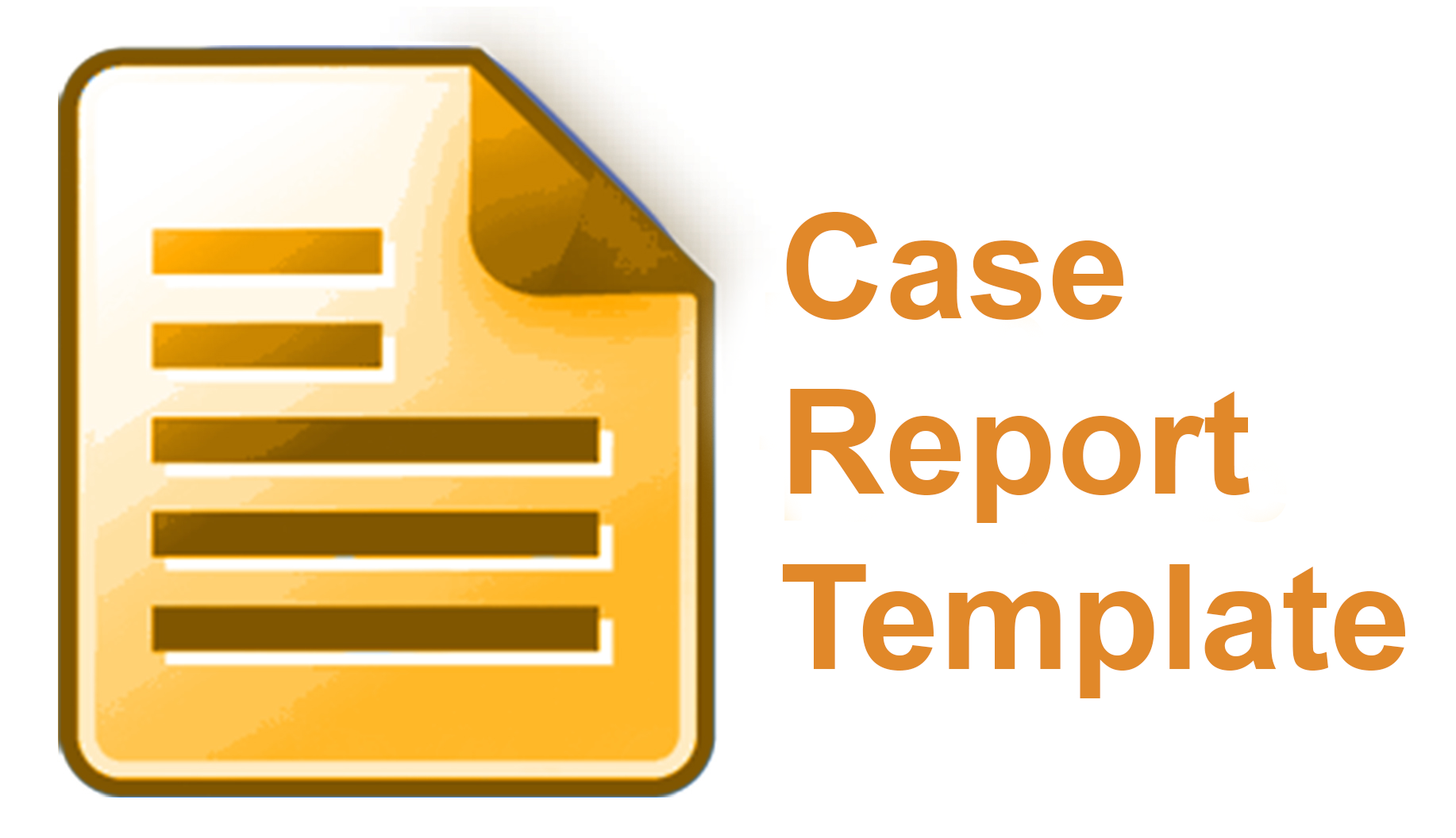Positive correlation between maternal self-efficacy and the children’s oral hygiene behavior
Abstract
ABSTRACT
Introduction: Maternal self-efficacy is known to be a strong predictor of children’s oral hygiene behavior. Several studies have shown that the majority of children do not have good oral hygiene according to the OHI-S index, which is associated with parental concern for their oral hygiene. Mother’s self-efficacy in understanding their children’s oral hygiene needs influences tooth brushing habits. The aim of this study was to determine the correlation between maternal self-efficacy and children’s oral hygiene behavior in Aceh. Methods: This study employed a quasi-experimental design with 124 participants divided into 62 in the intervention group and 62 in the control group. The inclusion criteria were mothers with children aged 4-6 years. Maternal self-efficacy was assessed using a modified Self-Efficacy Scale for Maternal Oral care (SESMO) questionnaire. Children’s oral hygiene was measured by the Patient Hygiene Performance plaque index. Data analysis used Spearman correlation test (p<0.05). Results: This study showed that high maternal self-efficacy is associated with higher levels of maternal education (high school and college). Mothers in the intervention group predominantly reported good to moderate child oral hygiene compared with the control group. A significant correlation was found between maternal self-efficacy and child oral hygiene (r=0.352, p=0.001). Mothers with low self-efficacy had children with 3.10 times higher odds of having poor oral hygiene (OR=3.10; CI=95%; 1.07-8.98). Conclusion: Children’s oral hygiene behavior was positively correlated with maternal self-efficacy. The findings of this study suggest that mothers with low self-efficacy are at risk of having children 4-6 years with poor oral hygiene.
Keywords: Maternal, self-efficacy, children, oral hygiene, plaque index
Keywords
Full Text:
PDFReferences
REFERENCES
Abebe GM. Oral biofilm and its impact on oral health, psychological and social interaction. Int J Oral Dent Health. 2021;7(1):127. DOI: 10.23937/2469-5734/1510127
Oyedele TA, Folayan MO, Chukwumah NM, Onyejaka NK. Social predictors of oral hygiene status in school children from suburban Nigeria. Braz. Oral res. 2019;33:e022. DOI: 10.1590/1807-3107bor-2019.vol33.0022
Petersen PE. The World Oral Health Report. 2003. Continuous Improvement Of Oral Health In The 21st Century - The Approach Of The Who Global Oral Health Programme. Community Dent Oral Epidemiol. 2003;31(SUPPL 1):3–24.
Suratri MAL, Tjahja I, Setiawaty V. Correlation between dental health maintenance behavior with Dental Caries Status (DMF-T). Bali Med J. 2018;7(1):56–60.
Bernabe E, Marcenes W, Hernandez CR, Bailey J, Abreu LG, Alipour V, et al. Global, Regional, and National Levels and Trends in Burden of Oral Conditions from 1990 to 2017: A Systematic Analysis for the Global Burden of Disease 2017 Study. J Dent Res. 2020;99(4):362–73.DOI: 10.23937/2469-5734/1510127
Kementerian Kesehatan Republik Indonesia. Laporan nasional riset kesehatan dasar 2018. Jakarta: Badan Penelitian dan Pengembangan Kesehatan, Kementerian Kesehatan Republik Indonesia; 2018. p. 674. https://repository.badankebijakan.kemkes.go.id/id/eprint/3514/1/Laporan%20Riskesdas%202018%20Nasional.pdf
Ganesh A, Chaly PE, Reddy VC, Ingle NA, Bhavyaa R. Oral health awareness and oral hygiene status of 12- and 15-Year-Old Children in Chennai. J Indian Assoc Public Heal Dentistry. 2019;17(3):206–12. DOI: 10.4103/jiaphd.jiaphd_214_18
Valm AM. The structure of dental plaque microbial communities in the transition from health to dental caries and periodontal disease. J Mol Biol. 2019;431(16):2957–69. DOI: 10.1016/j.jmb.2019.05.016.
Andriani A, Wilis R, Liana I, Keumala CR, Mardelita S, Zahara E. The effect of dental health education and the total quality management approach on the behavior of dental and oral health maintenance and the status of the oral hygiene index simplified in elementary school students in Aceh Besar. Maced J Med Sci. 2021;9(F):47–51. DOI: 10.3889/oamjms.2021.5576
Newman MG, Takei HH, Klokkevold PR, Carranza FA. Newman and Carranza’s clinical periodontology. 13th ed. Philadelphia: Elsevier; 2019. p.944
Aenea Maya M, Kokulengya Kahabuka F, Shariff Mbawalla H. Effectiveness of supervised tooth-brushing and use of plaque disclosing agent on children’s tooth brushing skills and oral hygiene: A Cluster Randomized Trial EC Dent Sci. 2018;17(1):1929-38.
Abdat M, Ramayana I. Relationship between mother’s knowledge and behaviour with oral health status of early childhood. Padj J Dent 2020;32(3):166-173. DOI:10.24198/pjd.vol32no2.24734
Prabhu A, Kumar VB, Mahesh A, Prabhu PK, D’Cruz AM. Expectant mothers’ knowledge, attitude and willingness to treatment of early childhood caries in Kerala. Int J Clin Pediatr Dent. 2013;6(1):5-9.
Rogéria A, Castilho F De, Luiz F, Souza T De, Puppin-rontani RM. 2013. Influence of family environment on children’s oral health : a systematic review. J Pediatr (Rio J). 89(2):116–23. DOI: 10.1016/j.jped.2013.03.014
Finlayson TL, Siefert K, Ismail AI, Sohn W. Maternal self-efficacy and 1-5-year- old children’s brushing habits. Community Dent Oral Epidemiol. 2007:35(4):272–81. DOI: 10.1111/j.1600-0528.2007.00313.x
Mirghafourvand M, Mohammad- Alizadeh- Charandabi S, Asghari Jafarabadi M, Fathi
F. Psychometric Properties of Maternal Self-Efficacy Questionnaire in a Population of Iranian Mothers. J Child Fam Stud. 2016;25(10):2966–71.DOI:10.1007/s10826-016-0470-1
Kakudate N, Morita M, Sugai M, Nagayama M, Kawanami M, Sakano Y, Chiba I. Development of the Self-Efficacy Scale for Maternal Oral Care. Pediatr Dent. 2010;32(4):310–315.
Soltani R, Eslami AA, Mahaki B, Alipoor M, Sharifirad G. Do maternal oral health related self-efficacy and knowledge influence oral hygiene behavior of their children? Int J Pediatr. 2016;4(7):2035–42.
Anaya-Morales M, Villanueva-Vilchis MC, Aleksejūnienė J, De la Fuente Hernández
J. Mothers’ self-efficacy and children’s oral health. Int J Dent Hyg. 2017;15(4):e128-35. DOI: 10.1111/idh.12241.
Goisis A, Schneider DC, Myrskylä M. The reversing association between advanced maternal age and child cognitive ability: evidence from three UK birth cohorts. Int J Epidemiol. 2017 Jun 1;46(3):850-859. doi: 10.1093/ije/dyw354.
Frosch CA, Schoppe-Sullivan SJ, O'Banion DD. Parenting and Child Development: A Relational Health Perspective. Am J Lifestyle Med. 2019 May 26;15(1):45-59. doi: 10.1177/1559827619849028. PMID: 33447170; PMCID: PMC7781063.
Wilson AR, Mulvahill MJ, Tiwari T. The impact of maternal self-efficacy and oral health beliefs on early childhood caries in latino children. Front Public Health. 2017;5:228. Published 2017 Aug 28. doi:10.3389/fpubh.2017.00228
Öztürk R, Ergün S, Özyazıcıoğlu N. Effect of antenatal educational intervention on maternal breastfeeding self-efficacy and breastfeeding success: a quasi-experimental study. Rev Esc Enferm USP. 2022;56:e20210428. Published 2022 Apr 4. doi:10.1590/1980-220X-REEUSP-2021-0428
Jamieson LM, Parker EJ, Roberts- Thomson KF, Lawrence HP, Broughton J. Self Efficacy and Self-rated oral health among pregnant aboriginal Australian women. BMC Oral Health. 2014;14(29):1
de Silva-Sanigorski A, Ashbolt R, Green J, Calache H, Keith B, Riggs E, Waters E. Parental self-efficacy and oral health-related knowledge are associated with parent and child oral health behaviors and self-reported oral health status. Community Dent Oral Epidemiol. 2013 Aug;41(4):345-52. doi: 10.1111/cdoe.12019.
Anaya-Morales M, Villanueva-Vilchis MC, Aleksejūnienė J, De la Fuente Hernández J. Mothers' self-efficacy and children's oral health. Int J Dent Hyg. 2017 Nov;15(4):e128-e135. doi: 10.1111/idh.12241.
DOI: https://doi.org/10.24198/pjd.vol34no3.42615
Refbacks
- There are currently no refbacks.
 All publications by the Universitas Padjadjaran [e-ISSN: 2549-6212, p-ISSN: 1979-0201] are licensed under a Creative Commons Attribution-ShareAlike 4.0 International License .
All publications by the Universitas Padjadjaran [e-ISSN: 2549-6212, p-ISSN: 1979-0201] are licensed under a Creative Commons Attribution-ShareAlike 4.0 International License .






.png)
